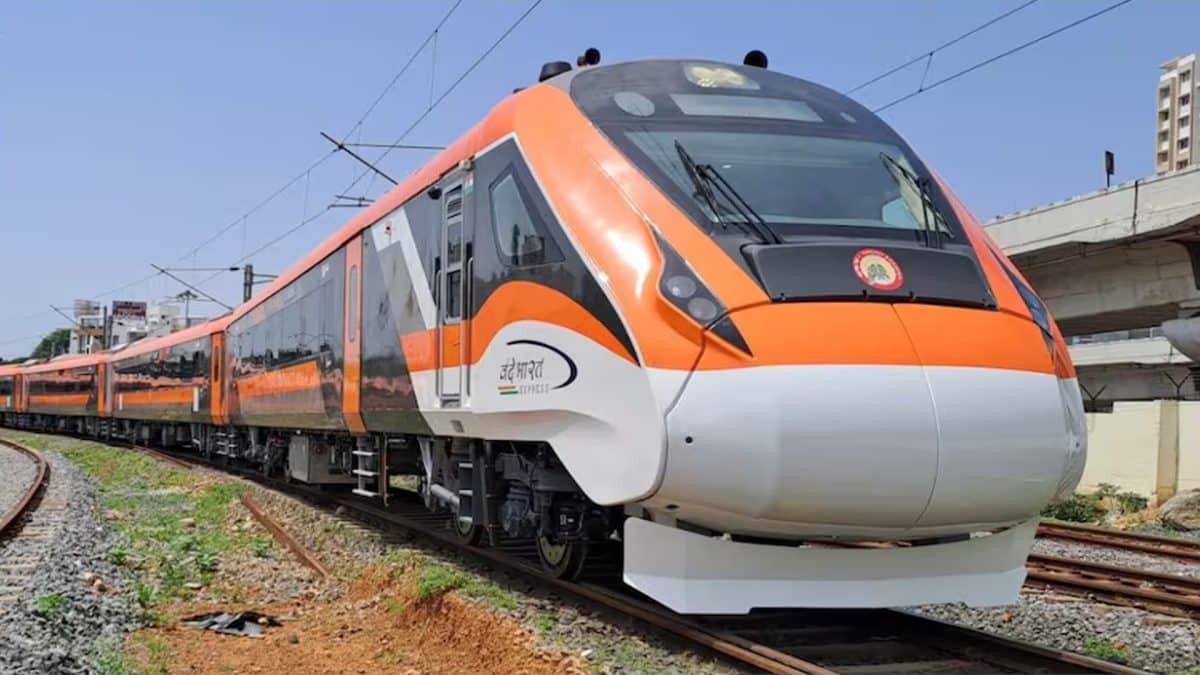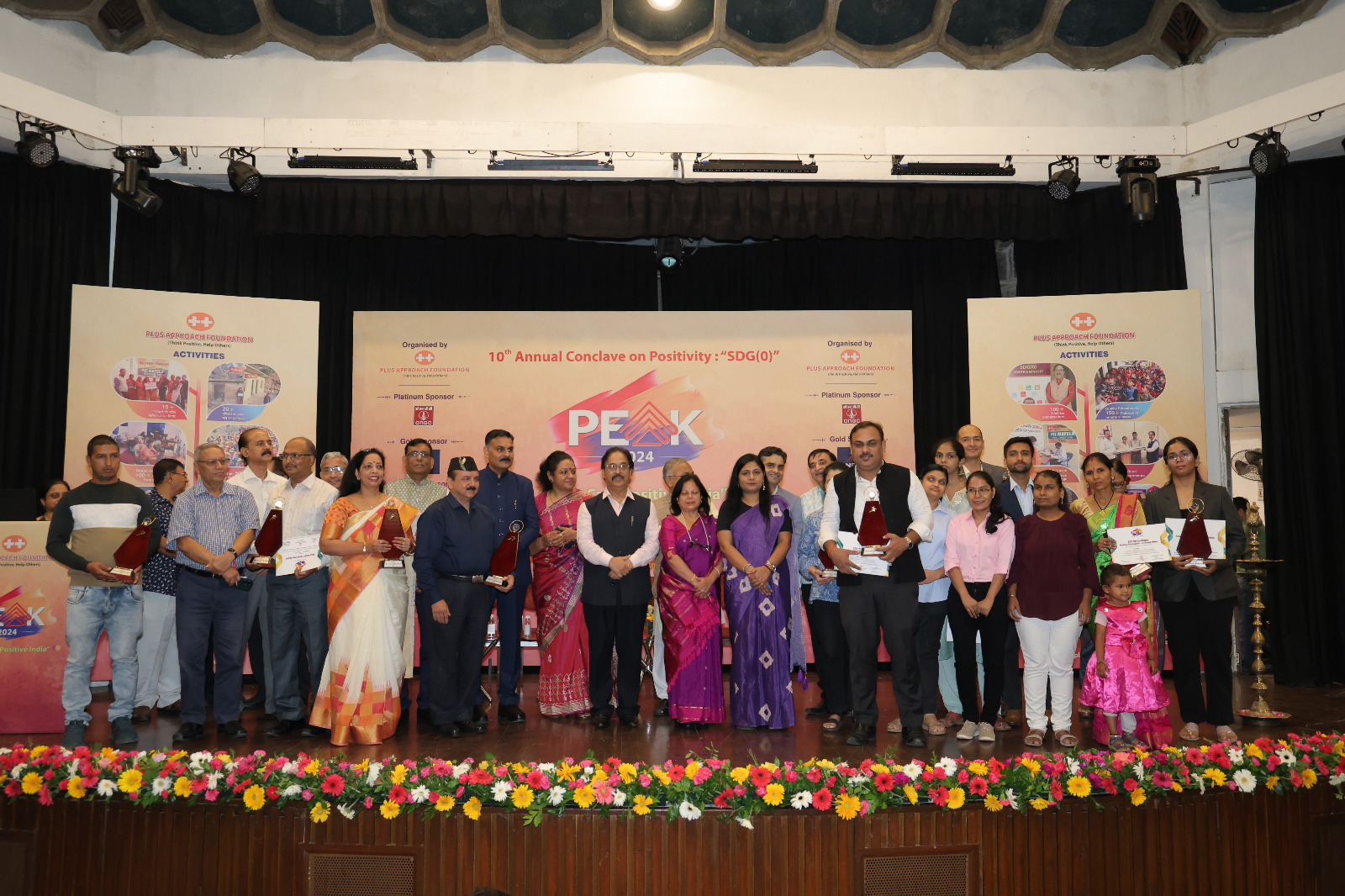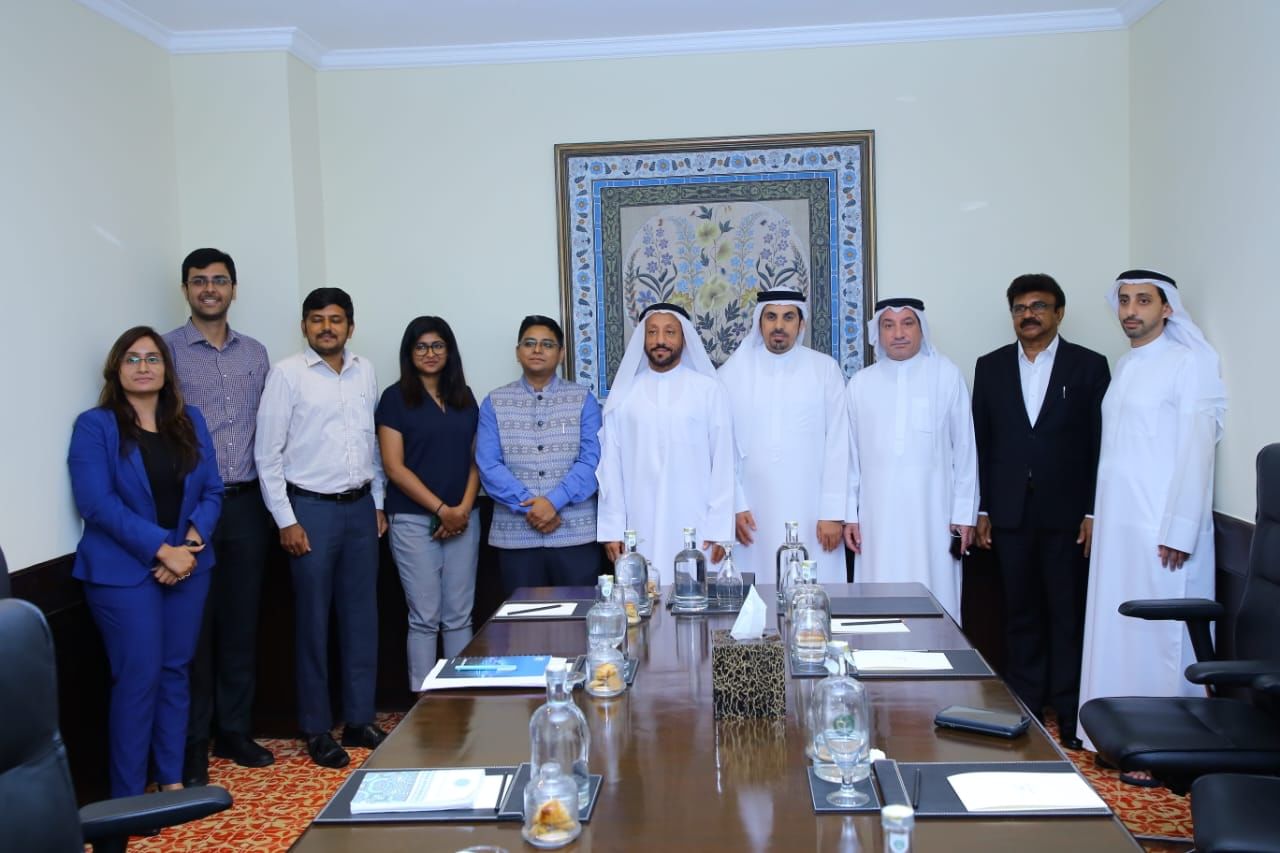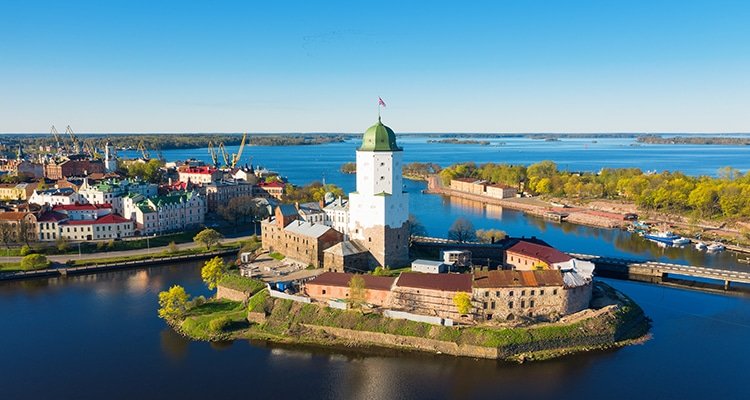In September 2021, AAPA committed to an ambitious goal of net-zero carbon emissions reduction by 2050, by working with governments, airports, fuel suppliers, air navigation services and equipment manufacturers
Airline leaders attending the 65th AAPA Assembly of Presidents conducted virtually on November 12, 2021 declared their commitment to work with governments and industry partners to achieve the goal of reducing carbon emissions to net zero by 2050, as well as to more immediately rebuild global air travel and connectivity in 2022.
In September 2021, AAPA committed to an ambitious goal of net zero carbon emissions reduction by 2050, by working with governments, airports, fuel suppliers, air navigation services and equipment manufacturers. The pathway to achieve this is based on a combination of technology, operational efficiency improvements, sustainable aviation fuels (SAF), and a global market-based measure, namely the ICAO Carbon Offsetting and Reduction Scheme for International Aviation (CORSIA).
The successful commercialisation of sustainable aviation fuels is critical to achieving international aviation’s strategic transition away from fossil fuels. Government support in the form of incentives, subsidies and supply chain development for new energy sources is key to ensuring that the industry meets its 2050 goal.
Subhas Menon, Director General of AAPA said, “The aviation industry is committed to reducing its carbon footprint in a responsible manner. However, we are conscious of the challenges ahead of us. Facilities for producing SAF are severely lacking in Asia Pacific compared to other regions. Taxes, onerous regulations and other penalties would only increase the cost of travel without any benefit to the environment. Conversely, government incentives and investment would contribute to the effective development of sustainable fuels and new energy sources to bolster the industry’s efforts to achieve carbon neutrality by 2050.”
Menon added, “We encourage governments to fully participate in CORSIA and support its global implementation as the single most effective measure for addressing emissions in international aviation. This will enable the airline industry to continue growing in a sustainable manner, in line with the commitment to net zero emissions.”
“AAPA supports an inclusive approach to international air travel that allows a broader segment of the travelling public to travel by air, subject to objective risk-based health measures that reduce complexity and confusion for travellers. Vaccination levels are still low in some countries due to shortages of supplies and resources. Nevertheless, we should build on the resilience of aviation to gradually restore international air services as soon as possible.”
— Subhas Menon, Director General of AAPA
Even though the recovery of the global economy and air travel demand is underway, international passenger volumes across Asia Pacific remain deeply depressed. International traffic in Asia Pacific is at 6% of pre-pandemic levels compared to an average of 40% in other regions. Whilst strong air cargo demand provides some financial relief, it is insufficient to mitigate the losses from the significantly reduced commercial passenger operations for the region’s airlines. The Asia Pacific region lags behind other regions in the reopening of borders and easing of restrictions on air travel. The air transport sector accounts for US$944billion of Asia Pacific GDP, with the region accounting for more than 50% of the 88 million employed in the industry globally. Indeed, the social and economic impact of the pandemic is felt more deeply in Asia than elsewhere.
Noting that prolonged border closures have resulted in unprecedented damage particularly to the travel and tourism sectors, the Assembly of Presidents called on governments to restore global connectivity and reopen borders swiftly to reunite families, as well as revive trade and commerce.
Commenting on the Assembly of Presidents, Menon said, “Many communities in the region are dependent on aviation as an essential means of transportation and source of livelihood. AAPA applauds the efforts of governments to accelerate the vaccination of their populations and gradually ease travel restrictions. It is hoped that quarantine requirements will be progressively lifted, with air travel made accessible to a wider segment of the population, such as those who have recovered from COVID infections. The industry has already embraced all health measures recommended by ICAO and WHO to keep air travel safe for passengers and crew, with the risk of onboard transmission being widely accepted as being very low.”
The recent ICAO High Level Conference on COVID-19 declared its support for the resilience of air transport, as well as to rebuild the aviation sector from the pandemic as soon as possible. Underlining that the establishment of quarantine-free vaccinated travel lanes is a positive first step, the AAPA Assembly of Presidents called for a robust multilateral framework with mutually recognised protocols for vaccination, testing and identification together with other mitigation measures recommended by ICAO, to restart air travel safely and efficiently. AAPA also called on governments to collaborate with industry stakeholders to rebuild travel confidence including the adoption of digital tools for air travel so as to reduce delays, congestion and inconvenience to the travelling public. These initiatives will pave the way for a smooth and sustained recovery of the Asia Pacific travel and tourism industry while COVID-19 is endemic.
Menon added, “AAPA supports an inclusive approach to international air travel that allows a broader segment of the travelling public to travel by air, subject to objective risk-based health measures that reduce complexity and confusion for travellers. Vaccination levels are still low in some countries due to shortages of supplies and resources. Nevertheless, we should build on the resilience of aviation to gradually restore international air services as soon as possible.”
Menon concluded, “The outlook for aviation is improving as governments are determined to reopen their economies. AAPA airlines remain fully committed to partnering with governments and industry stakeholders on the shared mission of restoring global connectivity and building a future for aviation that is resilient, sustainable, safe and secure.”
************************************************************************
Readers











